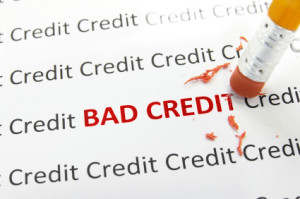Dear Liz: I recently received a $38,000 windfall. I have a student loan balance of $37,000. I want to buy a home, but I can’t decide if I should have a large down payment and continue paying down student loans slowly, or make a balloon payment on my student loans and put down a smaller amount on the home. The mortgage rate would be around 4% while the student loans are at 6.55%. The price of homes in my area is at least $250,000 for a two-bedroom house (which my income supports). I want to make a smart decision.
Answer: At first glance, the answer may seem obvious: Pay down the higher-rate debt. But a deeper look reveals that the second option may be the better course.
Student loan interest is deductible, so your effective interest rate on those loans may be less than 5%. If they’re federal student loans, they have all kinds of consumer protections as well. If you lose your job, for example, you have access to deferral and forbearance as well as income-sensitive repayment plans. In most cases, you don’t need to be in a rush to pay off this tax-advantaged, relatively low-rate debt.
A home purchase may be more time sensitive. Interest rates are already up from their recent lows and may go higher. If you can afford to buy a home and plan to stay put for several years, then you probably shouldn’t delay.
A 10% down payment should be sufficient to get a good loan. You’ll have to pay private mortgage insurance, since you can’t put 20% down, but PMI typically drops off after you’ve built enough equity. You usually can request that PMI be dropped once you’ve paid the mortgage down to 80% of the home’s original value. At 78%, the lender may be required to remove PMI. (Note that these rules apply to conventional mortgages and don’t apply to the mortgage insurance that comes with FHA loans.)
You can use the remaining cash to pay down your student loans, but do so only if you already have a healthy emergency fund. It’s smart to set aside at least 1% of the value of your home each year to cover repairs and maintenance, plus you’ll want at least three months’ worth of mortgage payments in the bank. Even better would be enough cash to cover all your expenses for three months.


